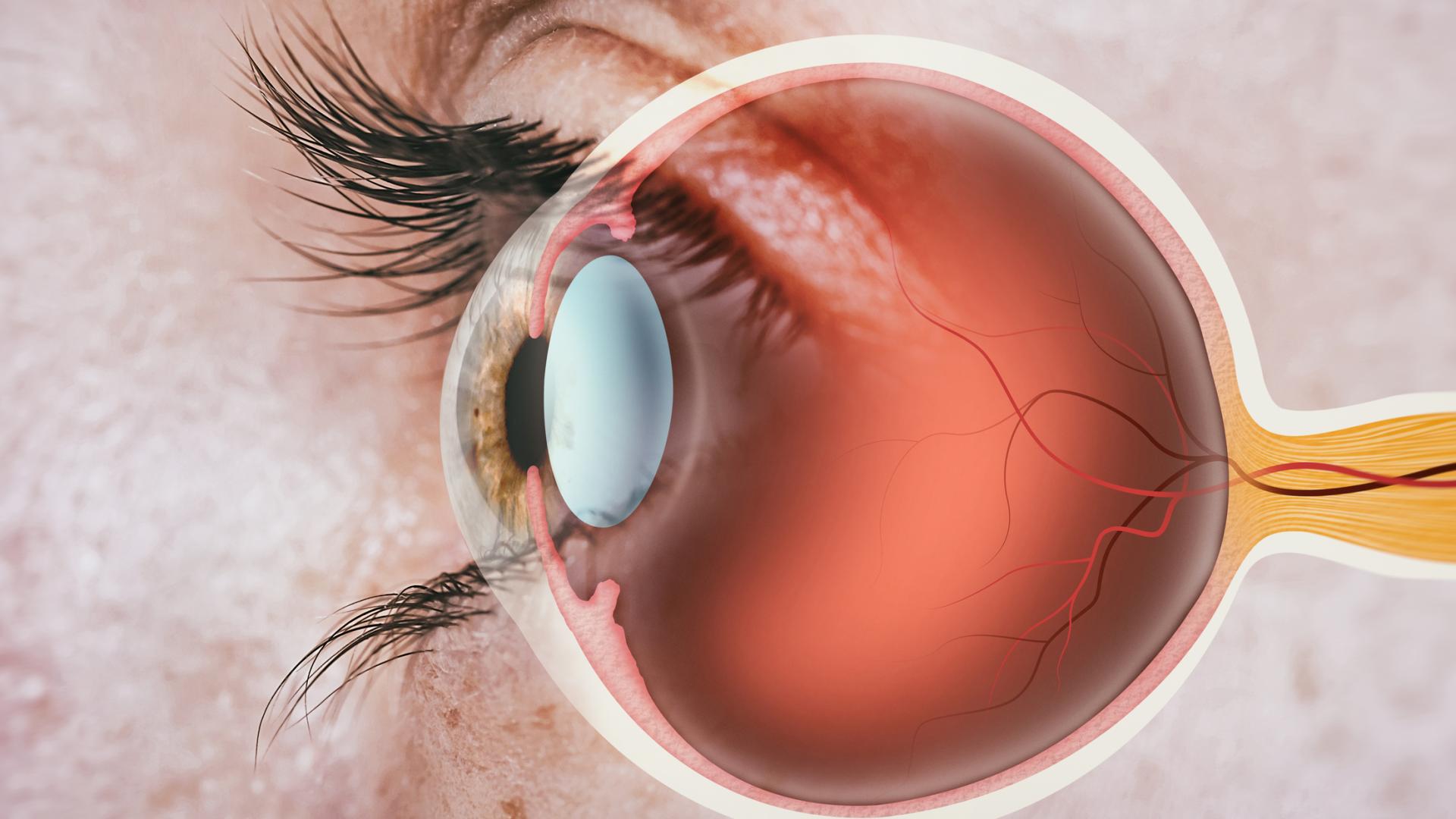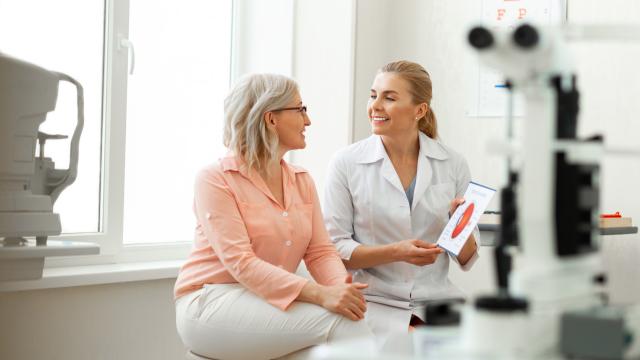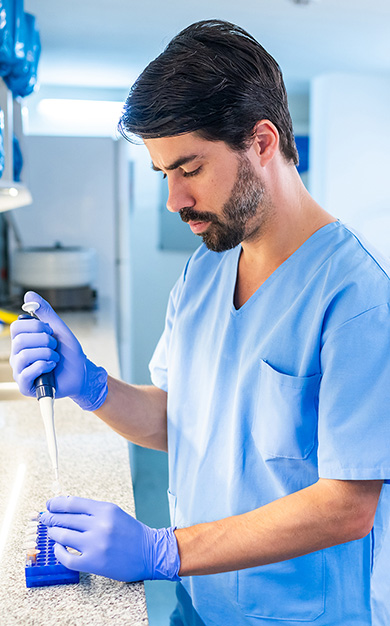Take an active role in managing your health care by having an open conversation with your eye doctor. Be prepared for your appointment with some recommendations for what to ask, what to bring, and how to answer your doctor’s questions.
Top Five Questions to Ask Your Doctor About Glaucoma
Write down your questions ahead of time, and bring a notepad and pen or pencil to write down the answers.
What kind of glaucoma do I have?
Because there are many types of glaucoma, the treatment recommendations vary depending on which type you have. Your doctor can review the pros and cons of your treatment options so that you can make an informed decision.
Can you show me how to properly use the medication eye drops?
Eye drops are very common treatment for glaucoma, but they aren’t always easy to administer. Your doctor can provide tips for how to properly use eye drops so that they are most effective and side effects are reduced.
What kinds of side effects can result from taking glaucoma medications?
Side effects vary by medication, so it’s important to speak with your doctor about your specific drug options. Be sure to ask how they may react with other medications or supplements that you are taking.
Should I be taking any special precautions at home?
Talk with your doctor about suggestions to improve lighting and make your home safer and more functional. Ask about options for visual aids to help you with your daily activities. Check with your doctor about whether you need to modify your diet or avoid certain activities.
Are you aware of any new information or research concerning glaucoma?
New research focuses on lowering pressure inside the eye and finding medications to protect and preserve the optic nerve from damage that causes vision loss. Scientists are also investigating the role of genetics in glaucoma. Over the past few years, the understanding of genetics and glaucoma has really progressed.
Be sure to ask your doctor if he or she believes you would be a good candidate for any upcoming clinical trials.
What to Bring to Your Appointment
When you make your appointment, ask if you need to do anything in advance and what you need to bring. Here are some suggestions:
- Your health insurance information and a photo ID
- Eyeglasses or contact lenses you currently wear
- Information on any history of eye disease in your family
- A list of the medications, vitamins, and supplements you take or the bottles themselves, if it’s easier
- Details about any allergies or other medical conditions
- Any symptoms you’re experiencing, even if they don’t seem related to your vision
- A notepad and pen or pencil to write down key points
- A friend or relative to accompany you, if possible
Questions Your Doctor May Ask You
During your first appointment, your doctor will ask you questions to learn more about your vision and your overall health. Be prepared to answer questions such as:
- When did you first notice your vision problem?
- Does the condition affect one or both eyes?
- Do you have trouble seeing things near to you, at a distance, or both?
- Do you smoke?
- Do you have other medical problems such as high cholesterol, high blood pressure, or diabetes?
- Do you take any vitamins or supplements?
- What medications do you take?
- What types of foods do you eat?
- Do you have a family history of glaucoma?
If You Are Diagnosed with Glaucoma
Take an active role in the understanding and treatment of your condition. Here are some questions to ask your doctor when you discuss your diagnosis.
- What is my current intraocular pressure, and what is my target pressure?
- Does my optic nerve show signs of damage?
- What is the best treatment option for my glaucoma, and why?
- Am I a candidate for laser treatment or surgery, and if so, what kind?
- Which tests are you conducting?
- Is pain a possible consequence of glaucoma?
- If I experience side effects from my glaucoma medications, when should I see medical attention for those side effects?
- Are there any low-vision aids or adaptive devices that can help me better use the vision I have?
- Could I benefit from low-vision therapy?
- Is it safe for me to drive? How likely am I to lose the capacity to drive, over time?
- What should I do if I notice a difference in my vision?
- What would the prospects be if I choose to do nothing right now?
- Should I tell my children to be checked for glaucoma right away?
- How will I know if the glaucoma is progressing?
- Will insurance cover these treatments, or is financial assistance available?
Make sure that when you leave your doctor’s office, you understand the medical recommendations for your condition, your doctor’s responsibilities, and your responsibilities.
About BrightFocus Foundation
BrightFocus Foundation is a premier global nonprofit funder of research to defeat Alzheimer’s, macular degeneration, and glaucoma. Since its inception more than 50 years ago, BrightFocus and its flagship research programs—Alzheimer’s Disease Research, Macular Degeneration Research, and National Glaucoma Research—has awarded more than $300 million in research grants to scientists around the world, catalyzing thousands of scientific breakthroughs, life-enhancing treatments, and diagnostic tools. We also share the latest research findings, expert information, and resources to empower the millions impacted by these devastating diseases. Learn more at brightfocus.org.
Disclaimer: The information provided here is a public service of BrightFocus Foundation and is not intended to constitute medical advice. Please consult your physician for personalized medical, dietary, and/or exercise advice. Any medications or supplements should only be taken under medical supervision. BrightFocus Foundation does not endorse any medical products or therapies.
- Eye Health









